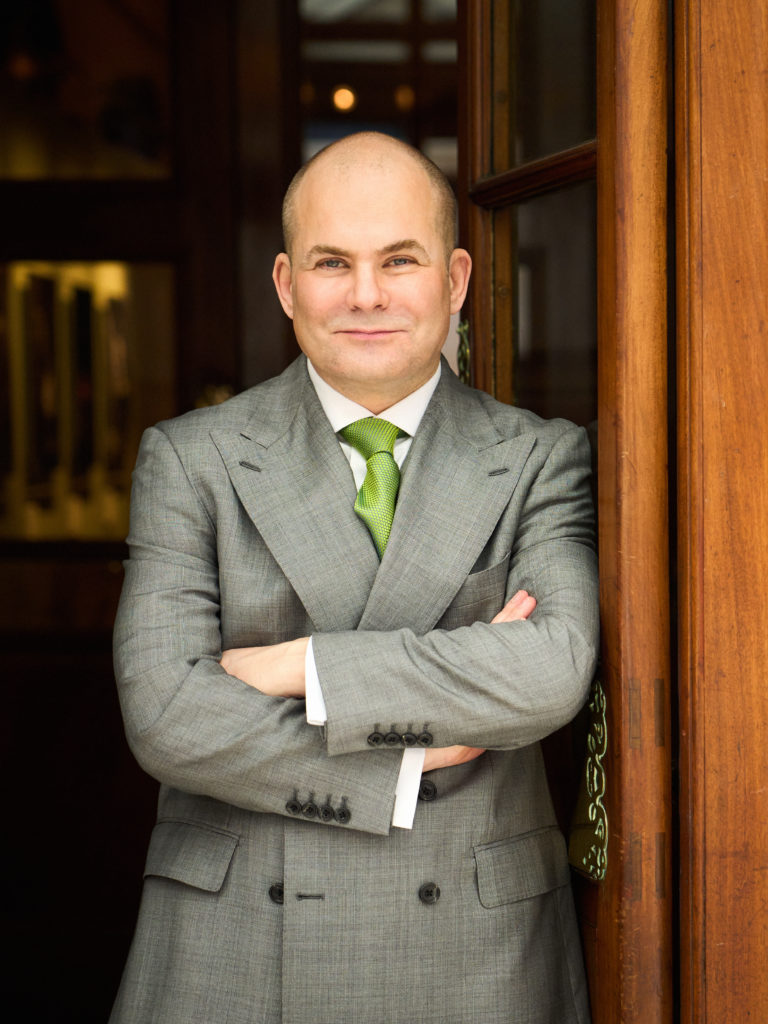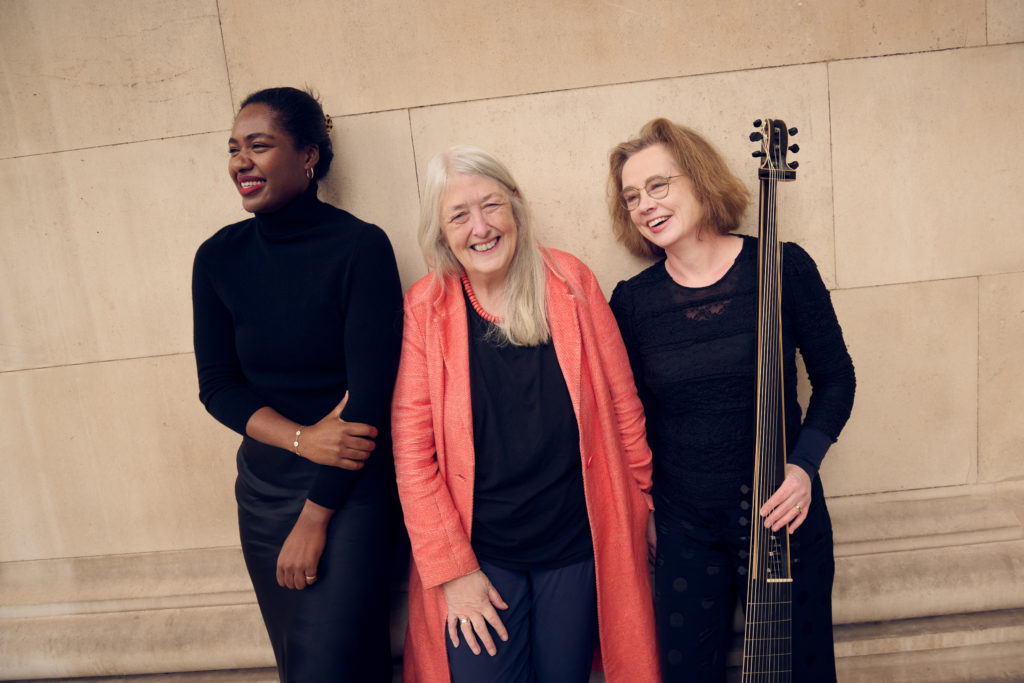Limerick-born arts chief cuts ties with Arts Council England to protect artistic excellence
 John Gilhooly CBE, OSI, Artistic and Executive Director, Wigmore Hall © Kaupo Kikkas, 2024
John Gilhooly CBE, OSI, Artistic and Executive Director, Wigmore Hall © Kaupo Kikkas, 2024JOHN GILHOOLY, Artistic and Executive Director of Wigmore Hall, has confirmed the decision to forego public funding from Arts Council England (ACE), opting instead for financial independence for the venue, one of London’s most prestigious classical music concert halls.
This move follows the early completion of the Director’s Fund, which raised £10 million through private philanthropy and supporter contributions.
Limerick-born Gilhooly said: “We have reached the stage where we are better off being independent,” emphasising a desire to maintain artistic ambition without external constraints.
The decision to step away from ACE funding — which amounted to £344,000 annually — stems from concerns over what Gilhooly described as “crippling” administrative burdens and frustration with the Arts Council’s current strategy, Let’s Create, which he argues does not prioritise artistic excellence.
Critics of the strategy, including Gilhooly, say it imposes a “one-size-fits-all” model, evaluating world-class musicians based on community outreach rather than solely on their artistic merit. “You can't judge a community choir on the same criteria that you judge the world's greatest artists,” he told BBC News. “Just like you can't judge the English football team against an amateur team.”
While he affirmed the value of outreach work, Gilhooly said it should not override the core artistic mission of venues like Wigmore Hall. “We also work with a community choir. In my view, both are excellent, both are outstanding things,” he said.
In the BBC interview, Gilhooly added that the venue does not “fully believe in everything” in the Arts Council's current approach but made clear that community work would continue: “The bits we do best, we'll probably do more of. For instance, we work with people living with dementia. We work with some of the most marginalised people in society. Most of that will continue. We believe in all of that.”
However, he criticised the bureaucratic processes associated with public funding. “It’s just the way it’s imposed through Let’s Create that’s exasperating really, and crippling for staff and for trustees. We have to go through this whole process every quarter to see that we've ticked every box.”
As Wigmore Hall celebrates its 125th anniversary, it is planning nearly 600 concerts and events featuring top international musicians and collaborations with artists such as actor Simon Russell Beale, classicist Mary Beard, soprano Nardus Williams, and lutenist Elizabeth Kenny. The ambitious programme underscores the venue’s commitment to maintaining its reputation as a leading home for chamber music.
 UPCOMING GUESTS AT THE WIGMORE: Nardus Williams, Dame Mary Beard and Elizabeth Kenny (pic by Bertie Watson for Wigmore Hall)
UPCOMING GUESTS AT THE WIGMORE: Nardus Williams, Dame Mary Beard and Elizabeth Kenny (pic by Bertie Watson for Wigmore Hall)A distinctly Irish path to the podium
Gilhooly's Irish heritage has informed his career in arts leadership. Born in Castleconnell, County Limerick in 1973, he was educated at Lisnagry National School and Ardscoil Rís before studying history and political science at University College Dublin. He later trained as a tenor at Dublin City College of Music and the Leinster School of Music.
He joined Wigmore Hall in 2000 as Executive Director and became Artistic Director in 2005, at the age of 32. Gilhooly has maintained strong cultural links to Ireland, serving as a patron of Irish Heritage and supporting various arts charities on both sides of the Irish Sea.

